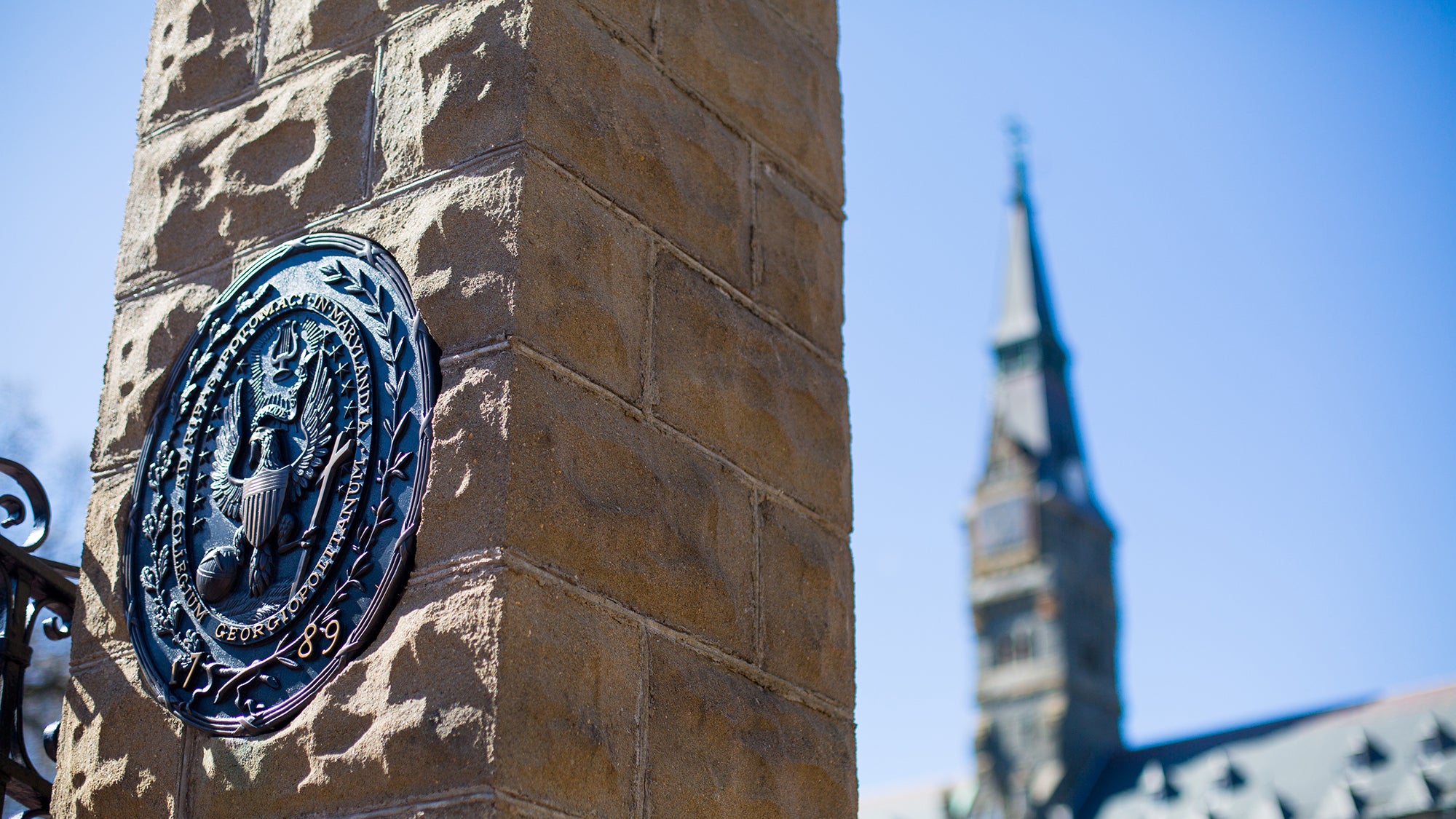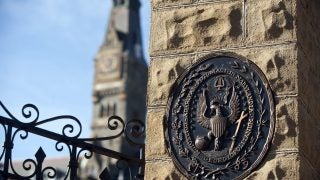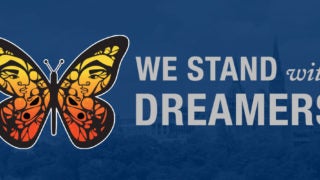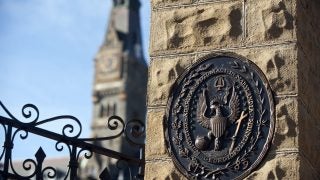
Title: Georgetown Applauds U.S. Appeals Court Decision To Allow International Students To Work in U.S.
A U.S. appeals court has affirmed a federal program that allows international students to live and work in the U.S. after they graduate — a decision that Georgetown and 150 other universities advocated for in a 2021 amicus brief.
The U.S. Court of Appeals for the District of Columbia Circuit upheld a 2016 update to the federal government’s Optional Practical Training (OPT) program, which allows international students to work in the U.S. for up to three years after they complete their degree.
Georgetown and fellow universities had signed onto an amicus brief supporting temporary employment authorization for international students, reinforcing the importance of the students gaining practical experience in their field while still in the U.S.
“In an increasingly competitive global higher education landscape, OPT is a signature strength of the United States,” said Thomas Banchoff, Georgetown’s vice president for global engagement, in the brief. “The opportunity to combine formal education with work experience is a magnet for talented students from abroad, and we were pleased to see the court sustain a 75-year-old precedent that allows our students to continue to apply their talents, their strengths and their skills — an immeasurable benefit to this country and our world.”
The Case
Six years ago, the Washington Alliance of Technology Workers (WashTech) filed suit against the U.S. Department of Homeland Security (DHS) with the U.S. District Court for the District of Columbia, arguing that the department does not have the authority to grant work authorization to students with an F-1 visa.
In 2021, the district court ruled DHS had the authority to initiate and continue the Optional Practical Training (OPT) program, as well as the two-year extension of the program called STEM-OPT. WashTech appealed the case, which the U.S. Court of Appeals for the District of Columbia Circuit rejected in a 2:1 decision on October 4.
In anticipation of the appeals court decision, the Presidents’ Alliance on Higher Education and Immigration and NAFSA: Association of International Educators organized an amicus brief, or “friend of the court” brief that is filed in a lawsuit by individuals or groups with a strong interest in the subject matter, to which Georgetown contributed.
The Benefits of the Program
In the brief, the Presidents’ Alliance and NAFSA noted that the federal government has allowed students to pursue practical training since the 1950s, and that international students contributed nearly $39 billion to the U.S. economy during the 2019-2020 academic year.
“Even our best students can only learn so much from the classroom; they must then test and further these lessons in the real world,” Victor Cha, a professor and vice dean for faculty and graduate affairs in the Walsh School of Foreign Service, said in the brief. “The opportunity to undertake internships, employment, or research is critical to their development as future leaders in a more globalized world community for generations forward.”
“Looking back, I can confidently say that the OPT gave me the opportunity to complete my Georgetown education because it allowed me to get a taste of what it meant to work ‘for real’, and in DC,” said a Georgetown alum and former OPT participant in the brief. “I truly hope other students have the same opportunities I did. Based on my own experience, and that of my peers, I know it would be for the best of the U.S. and the students’ home country.”
The universities joining the amicus brief argued “the education that international students will receive in the United States will be less robust, and the ability of American colleges and universities to attract and educate the best and brightest from around the world will diminish.”
Georgetown also joined the Presidents’ Alliance and NAFSA amicus brief in the U.S. District Court challenge in 2019.


